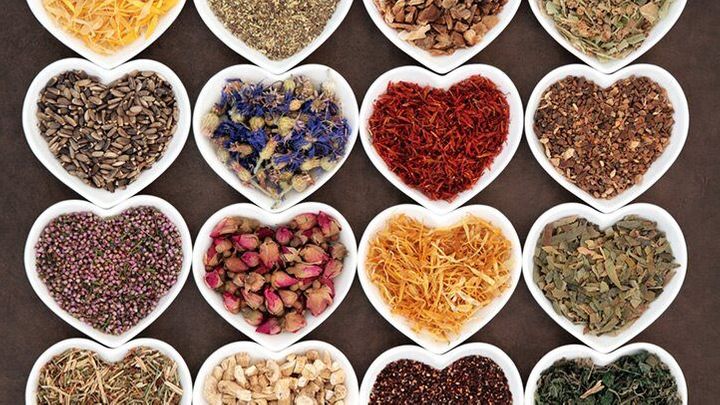Seeds contain all the basic elements required to develop into complex plants. As a result, they are very nutrient-dense.
Seeds are excellent sources of fiber. They also include numerous essential vitamins, minerals, and antioxidants, as well as beneficial monounsaturated and polyunsaturated fats.
The consumption of seeds can help lower blood pressure, LDL cholesterol, and blood sugar when done as part of a healthy weight loss program.
Healthy fat, vegetarian protein, fiber, and antioxidant polyphenols are all abundant in seeds.
Seeds are a true way to include nutritious vitamins in your weight loss program as well as salads, yoghurt, oatmeal, and smoothies.
The nutritional value and fitness benefits of six of the healthiest seeds you may eat are discussed in this article.
Sunflower Seeds
The sunflower plant’s bloom head is used to harvest sunflower seeds. Sunflower seeds are white and have a delicate touch, while the root is covered in a shell with black and white stripes. The seeds, which are appreciated for their wonderful nutty flavor and substantial nutritional value, can be eaten raw, roasted, or as an ingredient in a variety of cuisines.
Pumpkin Seeds
Pumpkin seeds have a superb nutrient profile that benefits many aspects of your fitness, according to modern scientific knowledge. They are a plentiful source of protein, unsaturated fatty acids, nutrients, and minerals that reduce the risk factors for chronic diseases including most malignancies.
It would be beneficial if you could find pumpkin seeds in their raw, roasted, or spouted forms at the majority of large grocery stores and specialty health food stores. When served in their unseasoned shells, they are occasionally referred nuts as pepitas.
Sesame Seeds
Similar to flaxseeds, sesame seeds contain a variety of lignans, most notably sesame. Sesame seeds are the well-liked dietary source of lignans.
Sesame is considered an oilseed since it is a crop farmed specifically for the oil contained in its seeds. It is local to tropical regions in Asia, Africa, and South America.
Protein, vitamins, minerals, and antioxidants abound in sesame seeds. To provide a nutty flavor and crunchy texture to some recipes, they are frequently added.
Sesame seeds are also a component of soap, lubricants, cosmetics, and medications.
Chia Seeds
Chia seeds, sometimes referred to as Mexican chia or Salba chia, are edible seeds that come from a flowering plant in the mint family. The seeds are indigenous to Mexico and Guatemala and have a lengthy history. They were an important crop in ancient Mesoamerican and Aztec societies. The sources were an essential component of the people’s meals and had medicinal packages.
Currently, Mexico, Guatemala, Peru, Argentina, Australia, and the US are the countries where chia is commercially grown. It is widely known that the seeds are a nutrient-dense supplement to healthy diets. You can buy chia seed online also.
Flax Seeds
Linseeds, often known as flaxseeds, are a fantastic source of fiber and omega-3 fatty acids, particularly alpha-linoleic acid (ALA). However, omega-three fat sits inside the seed’s fibrous outer shell, which individuals can’t digest quickly.
Therefore, it is enjoyable to consume ground flaxseeds if you want to increase your omega-three levels.
Additionally, roasted flax seeds online contain specific polyphenols, particularly lignans, which serve as essential antioxidants in the body.
Hemp Seeds
Muscles can get very high-quality plant protein from hemp seeds. They are one of the few vegetarian sources of full protein since they provide all 20 essential amino acids for muscle growth. The seeds are rich in essential nutrients including magnesium, calcium, and iron, which support healthy bones and increase vitality. Omega-3 and omega-6 fatty acids are also present.
